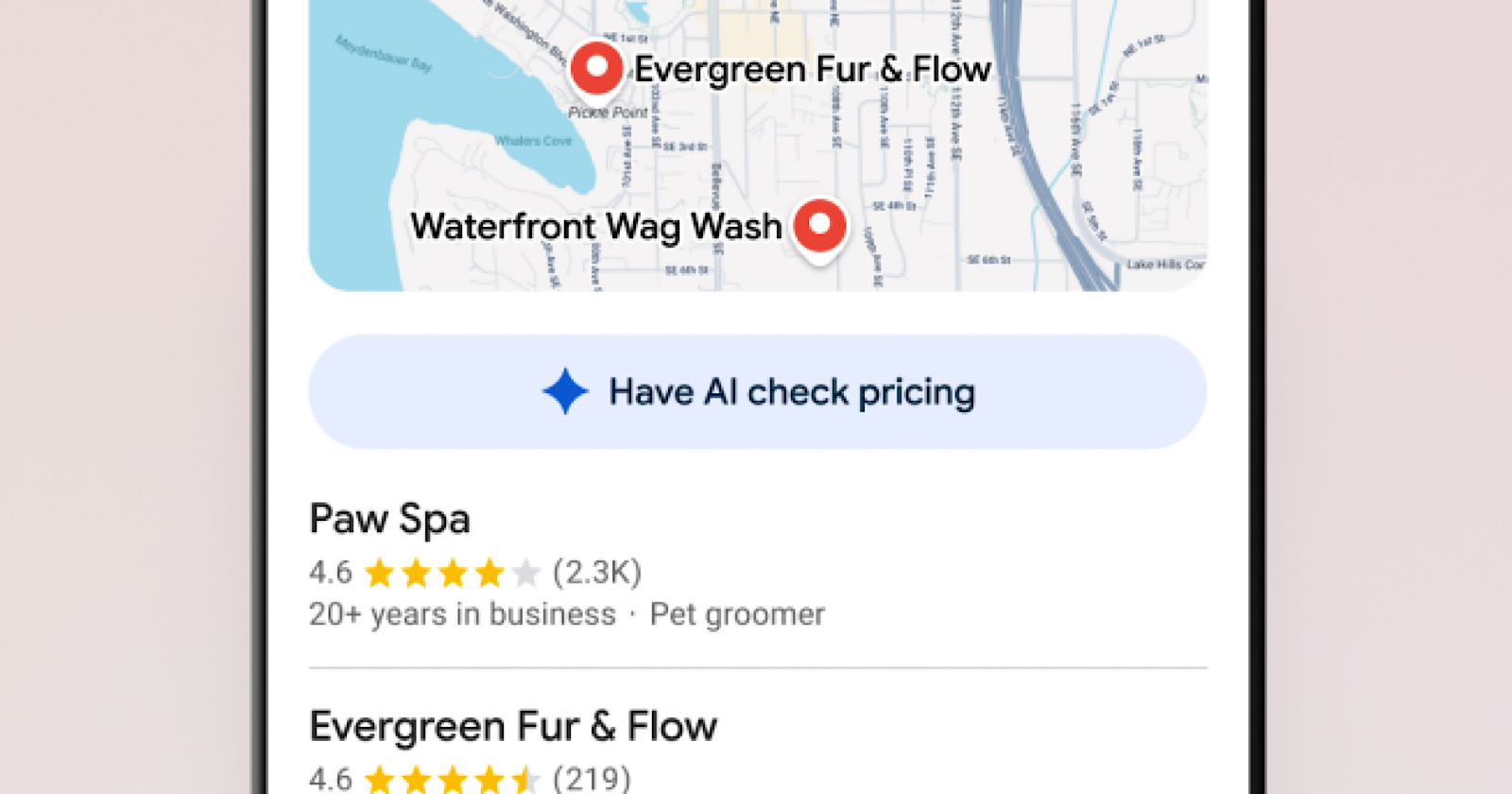Grok 4 powers a new free AI search engine

PLUS: Scale AI's major shake-up and Google's new AI calling feature for Search
It's a new day AI Rockstars!
The AI search engine Genspark is making xAI's powerful Grok 4 model available to everyone for free. This move puts one of the newest LLMs into the hands of a broad user base through a simple search interface.
This rapid integration of a new model into a free consumer tool signals a major acceleration in the AI search race. The real question is how will established players respond when state-of-the-art models become a free commodity?
In today's Lean AI Native recap:
- Genspark's integration of Grok 4 for free AI search
- Scale AI's major shake-up and layoffs
- Google's new feature to have AI call businesses for you
- A new open-source tool for teaching AI temporal awareness
Grok 4 Powers Free AI Search on Genspark
The Report: The lean AI search engine Genspark has integrated xAI's latest model, Grok 4, making it available for free to all users according to a recent announcement.
Broaden your horizons:
- The integration makes Grok 4, one of the newest large language models, freely available to a wide audience through the Genspark search platform.
- Genspark is adopting a freemium model, offering unlimited access for its Plus subscribers while providing free access to all other users.
- This move positions Genspark as a direct competitor in the AI-native search space, challenging established players by leveraging a cutting-edge model from xAI.
If you remember one thing: Making advanced models like Grok 4 freely available on consumer-facing products signals a major shift in the market. The time between a model's release and its integration into free tools is rapidly shrinking.
Scale AI's Shake-up
The Report: Just weeks after a $14.3 billion investment from Meta, data-labeling giant Scale AI is laying off 14% of its staff to streamline its generative AI business. The move follows the departure of its founder to lead Meta's new Superintelligence lab.
Broaden your horizons:
- Interim CEO Jason Droege stated the company ramped up its GenAI capacity "too quickly," creating excessive bureaucracy and inefficiencies.
- The restructuring comes as major clients reportedly reconsider their partnerships, with Google cutting ties with Scale AI after the Meta deal was announced.
- While cutting 200 full-time roles and 500 contractors, Scale AI is also restructuring its GenAI group and plans to hire significantly for its enterprise and government divisions.
If you remember one thing: This shake-up highlights the immediate, complex ripple effects of large-scale AI investments and talent acquisitions. Scale AI’s pivot demonstrates the intense pressure on infrastructure companies to adapt quickly when their strategic landscape is suddenly redrawn.
Google's AI Calling Card
The Report: Google is rolling out a new AI feature in the U.S. that uses agentic AI to call local businesses for you. It gathers real-time information like pricing and appointment availability from multiple businesses with a single search.
Broaden your horizons:
- The AI selects which businesses to contact based on traditional local search rankings, making strong local SEO more critical than ever for getting leads.
- This feature may be especially useful for younger users, addressing the growing phenomenon of telephobia where many people are hesitant to make phone calls.
- While available to all U.S. users, Google AI Pro and AI Ultra subscribers receive higher usage limits, signaling Google's strategy to monetize its most powerful agentic features.
If you remember one thing: This update marks a significant shift for Google Search, moving it from an information engine to an action engine that completes real-world tasks. This is a tangible step toward a future where AI agents act as practical, everyday assistants.
Teaching AI About Time
The Report: A new open-source project, passage-of-time-mcp, provides large language models with a suite of tools for temporal awareness. Developed through human-AI collaboration, it gives models the ability to calculate durations and understand human-centric time contexts like weekends or business hours.
Broaden your horizons:
- The project started by tackling a common LLM weakness—calculating time differences—by giving the model a dedicated time calculator rather than just noting the flaw.
- It works as a server using the Model Context Protocol, a standard that lets external tools provide real-time information and capabilities directly to LLMs during a conversation.
- The tool suite was designed collaboratively with an LLM to uncover surprising insights about conversation patterns and work rhythms, which you can read about in the creator's blog post.
If you remember one thing: This project shifts the focus from highlighting AI's limitations to actively equipping models with tools to overcome them. It points toward a future where developers treat LLMs as cognitive partners, co-designing solutions to complex problems.
The Shortlist
Workato listed its ready-to-deploy AgentX apps in the new AWS Marketplace for AI Agents, making its pre-built agents for sales, support, and IT more accessible to enterprises.
ElevenLabs partnered with Supertab to launch an AI-powered version of Deepak Chopra, using its voice cloning technology to offer interactive meditations and conversations based on his work.
Meta announced plans to build gigawatt-scale data centers with a footprint comparable to Manhattan, part of a multi-hundred-billion-dollar investment to develop superintelligence.
WeTransfer backtracked on a controversial terms of service update, clarifying after significant user backlash that it will not use customer files to train any AI models.